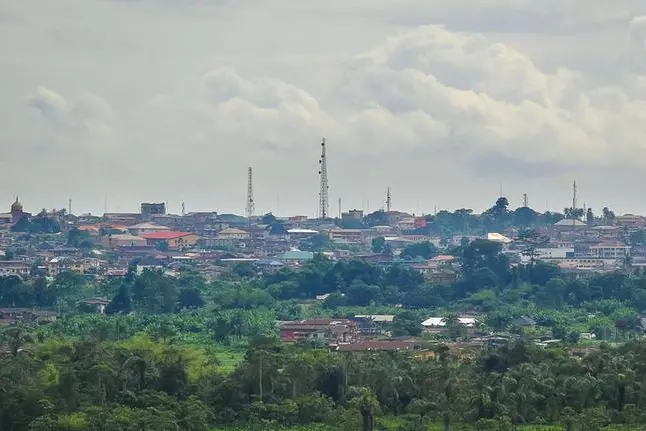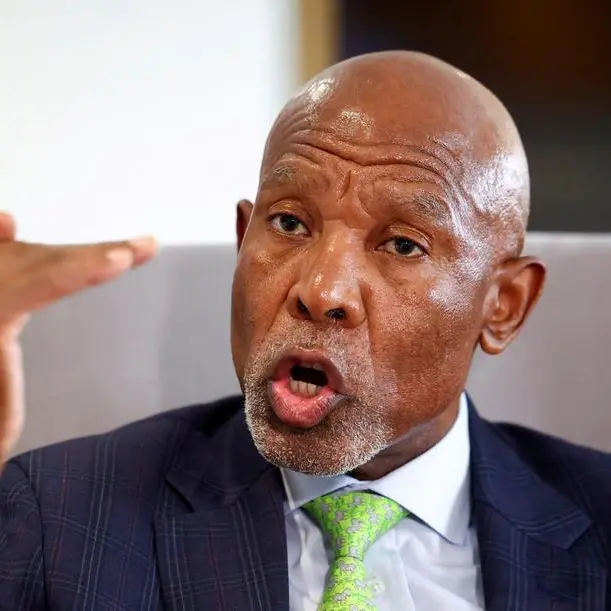PHOTO
The Federal Government has reiterated that its ongoing reforms have achieved significant progress and will continue to yield positive results for Nigerians.
The government highlighted that the economy is already getting back on track, with the Gross Domestic Product (GDP) growing by 3.19 percent in the second quarter of 2024 (Q2 2024), and inflation beginning to decline.
This was disclosed by President Bola Tinubu on Tuesday, represented by the Special Adviser to the President on Economic Affairs in the Office of the Vice President, Mr. Tope Fasua, during an address at the 65th Annual Conference of the Nigerian Economic Society (NES) held in Abuja.
In his opening remarks, NES President Prof. Adeola F. Adenikinju acknowledged the importance of the government’s reforms, emphasizing that “there is very little superior argument against the desirability of these reforms.”
Speaking on the theme of this year’s conference, “Socio-economic Development in Nigeria: Imperatives, Implications, and Impacts,” Prof. Adenikinju noted, “While key short-run economic risks and vulnerabilities have been triggered by the reforms, such as spiraling inflation, cost of living challenges, and higher cost of funds, there is very little superior argument against the desirability of these reforms.”
He added, “And while the jury is still out, it is fair to say that despite their sequencing limitations, the reform outcomes are not solely a story of policy woes and chaos.
Some of the expected positive reform gains have begun to manifest, and others are expected as policy transmission and lag cycles unfold.”
President Tinubu, elaborating on the economy’s performance, stated, “Since the beginning of this administration, a lot has been achieved. The reforms are going to deliver results for Nigerians.
Already, the economy is getting back on track. GDP grew by 3.19% last month, and inflation is beginning to fall.
“In Q1 2024, Nigeria recorded a trade surplus of over $4 billion, a record-breaking figure. We have had three consecutive quarters of trade surpluses since the Bola Tinubu administration commenced.
“The government is providing financing to thousands of companies. New ministries have been created to address sectors that needed a boost, including the Blue Economy, Steel, Housing, Creativity, and the Arts.
“In the area of electricity, the Transmission Company of Nigeria has announced its ability to carry 6,000 MW, a 100% improvement from just a few years ago.
We also anticipate a bumper harvest this year due to our dedication to agriculture and the awareness created by initiatives like the urban agriculture project promoted by First Lady, Senator Oluremi Tinubu.
“Nigeria is changing rapidly and positively. Nigerians are adding value.
The focus on made-in-Nigeria goods and services has never been more effective, and the fortunes of those involved in that realm are improving rapidly.”
He also highlighted that Nigeria has a large MSME sector, with 39 million registered businesses under SMEDAN, out of a global figure of 132 million.
He added, “The reforms of the current administration have led to a boost in exports.
Just three weeks ago, Nigerian companies made their debut on the African Continental Free Trade Agreement portal by exporting to five African countries: Cameroon, Algeria, Kenya, Egypt, and Uganda.
And we did not just export Shea Butter and Charcoal; we exported Ceramics, Leather Bags, Cosmetics, and even Smart Cards.
If we remain tenacious and focused, Nigeria may be transitioning to a secondary goods producer and exporter, adding value as we climb the ladder of economic complexity and grow our GDP, both in gross terms and per capita. Again, we urge that we not miss the forest for the trees.”
Prof. Adenikinju further stated that the full medium to long-term benefits of the ongoing reforms have yet to fully materialize.
“However, given the downside risks unleashed by the reforms, it is imperative that both fiscal and monetary authorities act with urgency to address the negative impacts of these policies on firms and households.
This is a critical part of the mission of this year’s annual conference: advancing workable policies to address Nigeria’s current socioeconomic challenges.”
He also expressed disappointment over the government’s failure to consult with NES members when formulating economic policies.
“As trained economists, the society is not pleased that the government has scarcely considered or consulted us in formulating and implementing the policy reforms agenda.”
Prof. Adenikinju noted that the NES has played a leading role in drafting the current and many medium to long-term development plans for Nigeria.
Through the conference and other policy advocacy initiatives, he looked forward to deepening the partnership with federal and state governments for the benefit of all stakeholders.
Copyright © 2022 Nigerian Tribune Provided by SyndiGate Media Inc. (Syndigate.info).





















